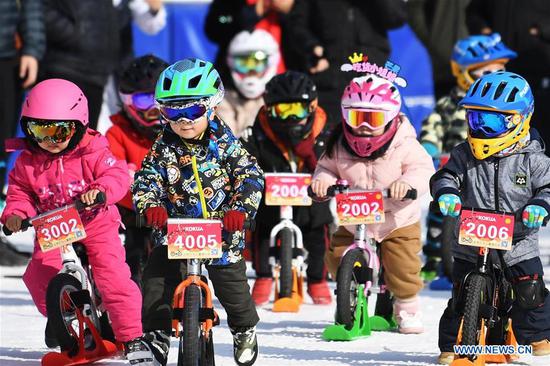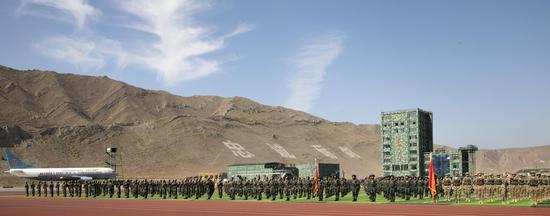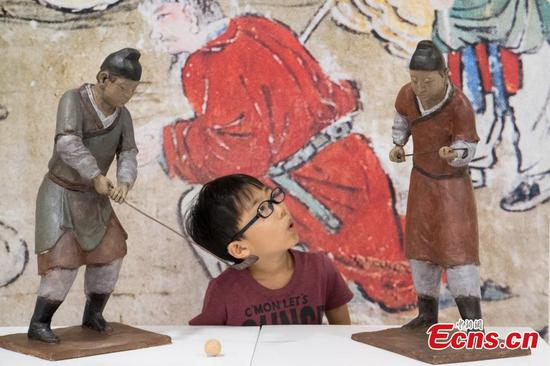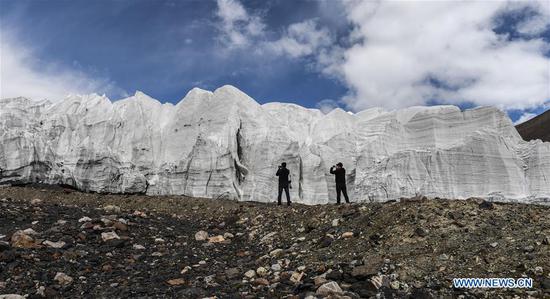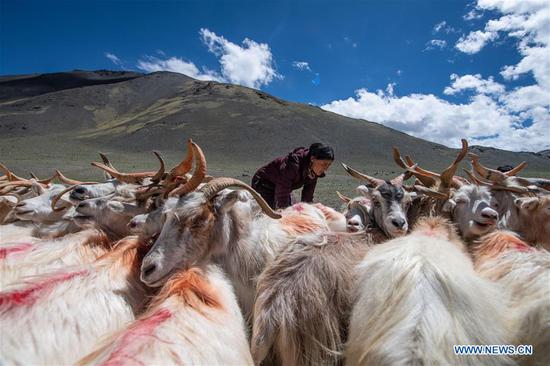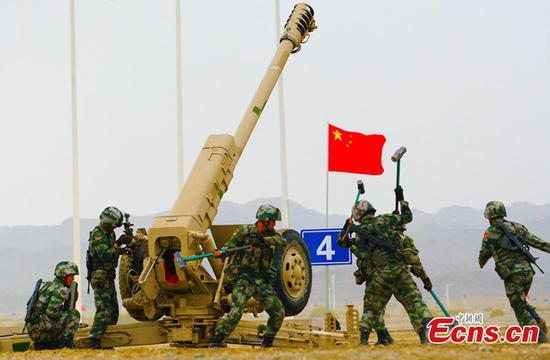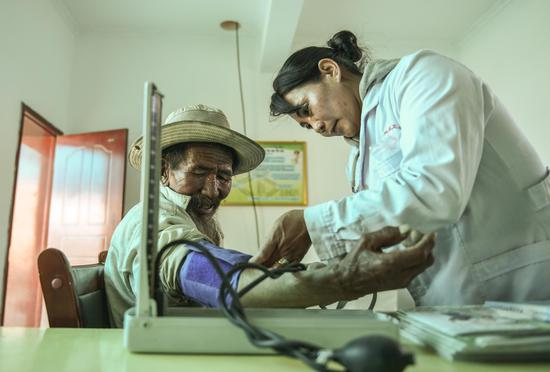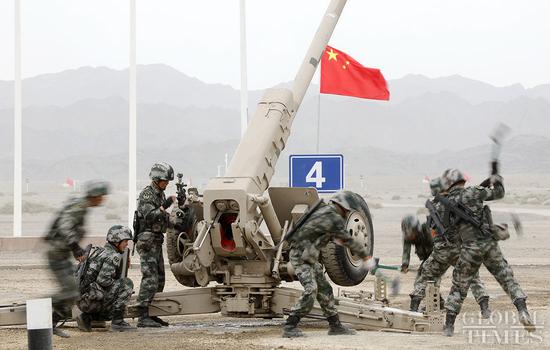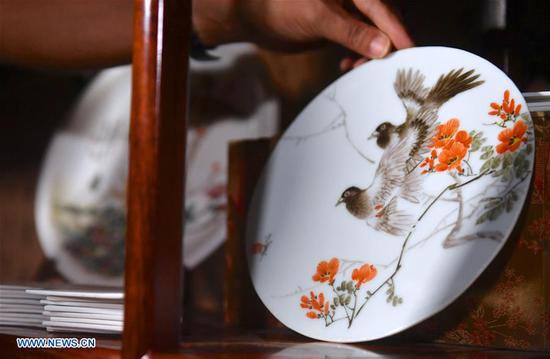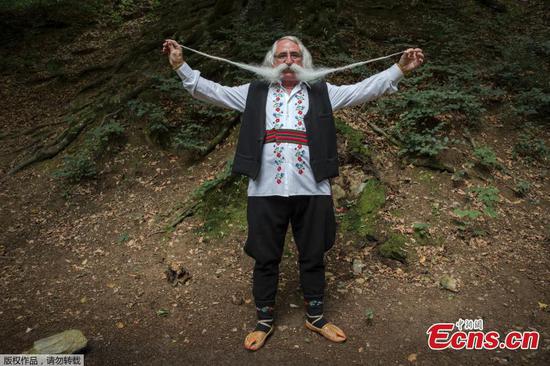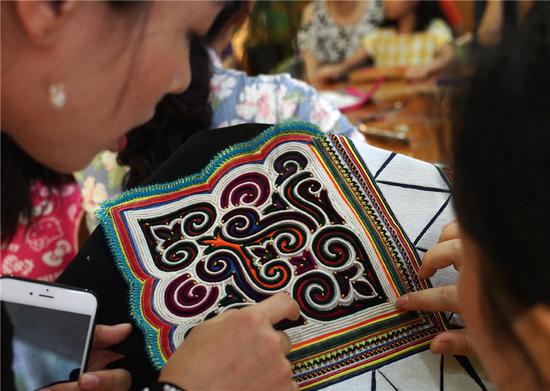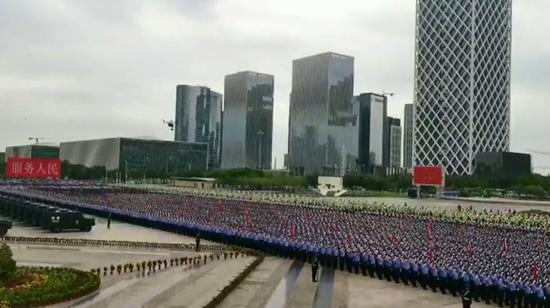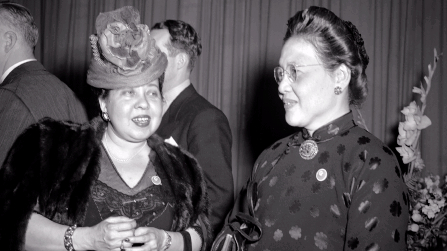
Minerva Bernardino of the Dominican Republic (left) with Way Sung New of China, members of the Sub-Commission on the Status of Women of the Commission on Human Rights, New York, April 1946. /UN Photo
?
As the world celebrates the 70th Human Rights Day on Monday to mark the adoption of the Universal Declaration of Human Rights (UDHR) by the United Nations on December 10, 1948, it is intriguing to know that had it not been for the efforts of women in the drafting committee, even the words "human" and "women" would not have found a place in the document as the word "man" was meant to include both the genders at the time, as revealed by Stockholm University senior lecturer Rebecca Adami in her recent book.
The UN Charter stated that promoting human rights is part of its core mission and the UDHR was conceived to further define these rights, which it eventually did in its 30 Articles. "Inclusion of women in the declaration was very important in order to make sure that this was a document on human rights and not the rights of man," Rebecca told the UN News last week after the launch of her book titled "Women and the Universal Declaration of Human Rights."
It was Hansa Mehta of India, the only other female delegate besides the former US first lady Eleanor Roosevelt to the UN Commission on Human Rights in 1947-48, who ensured the inclusion of women in the UDHR which in its initial draft mentioned only about the rights of the "man." Hansa is widely credited with changing the phrase "All men are born free and equal" to "All human beings are born free and equal" in Article 1 of the document, the book reveals.
The UDHR eventually proclaimed the inalienable rights which everyone is inherently entitled to as a human being – regardless of race, color, religion, sex, language, political or other opinions, national or social origin, property, birth or other status.
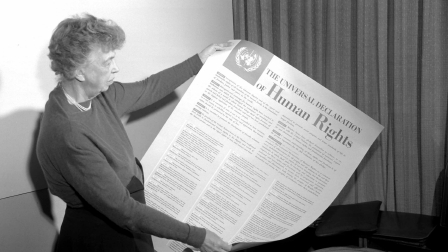
Launched last Wednesday at the UN Dag Hammarskjold Library in New York, Rebecca's book chronicles how women, especially from Latin America and newly independent countries such as India and Pakistan, played a critical role in the drafting of the declaration, which along with the UN Charter, is considered among the two defining documents on human rights.
The book also examined the historical narrative of human rights from the San Francisco Conference in 1945 to the final vote of the UDHR in the United Nations General Assembly in December 1948. "The book is a gendered and counter-narrative to the dominant notion that the UDHR was a document drafted only by men with a few women," the author emphasized.
How men got it wrong
While Eleanor Roosevelt's role as the first chairperson of the UDHR drafting committee is well documented, Rebecca in her book attempts to put spotlight on other female delegates, particularly from non-Western countries, who have left an indelible mark on the landmark document which is now the world's most translated document and available in more than 500 languages.
However, initially during the drafting process, men thought that "the declaration wasn't going to be much of anything," Rebecca told UN News, adding that not many male delegates at the time wanted to serve the UN General Assembly's Third Committee that dealt with human rights, humanitarian affairs and social matters.
"I don't think that they really understood that working with the UDHR was going to be important and vital for the future," she quipped, pointing out that "it was the strength of women such as Minerva Bernardino from the Dominican Republic, Begum Shaista Ikramullah from Pakistan, and Hansa Mehta from India that proved them wrong."












